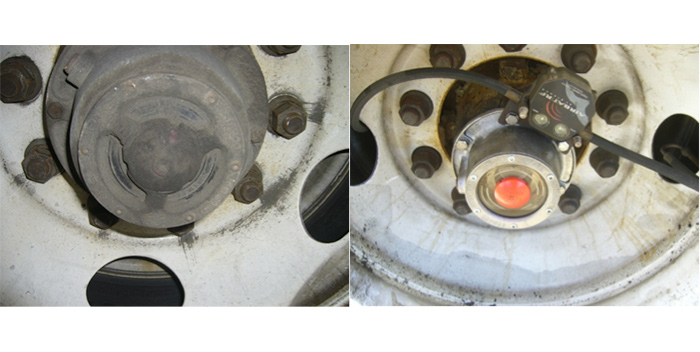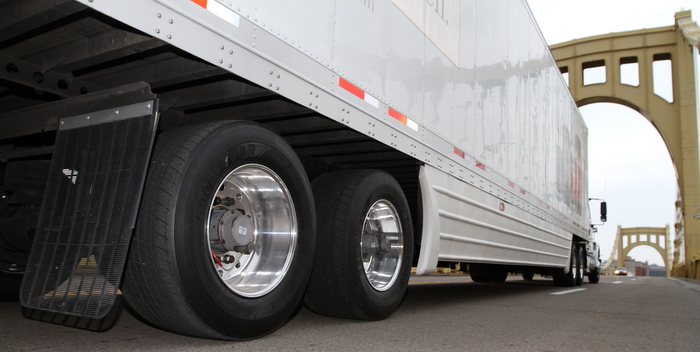It’s not news to those in the trucking industry that qualified diesel technicians are getting harder and harder to find. Right now, the U.S. Bureau of Labor Statistics forecasts a growth in demand of approximately 11% a year. Graduation rates of certified diesel mechanics fall considerably short of that. And maybe most disturbing is the prediction that an estimated 40% to 50% of current technicians will be reaching retirement age between 2010 and 2030.
According to Jane Clark, vice president of member service for NationaLease, “Short of quickly influencing a huge shift in demographics by encouraging more high school students to consider trade school vs. college, we are faced with the hard fact that we are all fighting for the same dwindling pool of candidates. The good news is that there are proven methods of recruitment that can make a big difference in our success rate in that endeavor. They are the techniques that have been in use for years by the job recruitment industry and can be easily translated to the trucking industry, specifically.”
Recruiters essentially think of their jobs as hunting. “To succeed, we simply have to be the best at finding the best candidates. To find good technicians,” Clark suggests, “go where they are. Recruiters have not used newspaper advertising as a primary search tool for nearly a decade. It is expensive and has a low success rate. Studies show that very few young people in the 18-34 age range read the newspaper. These young people are going online to get their news and information.”
The number one place all recruiters recommend job seekers go to look for a job is online. More specifically, the best way is through a job aggregator website like Indeed.com, says Clark. Started in 2004, Indeed.com is the largest job aggregator in the world. The site and those like it collect job listings from thousands of websites, including job boards, newspapers, associations and company career pages. If employers want these job seekers to find them, they need to have an online presence.
Trucking firms can take advantage of Indeed.com by letting the person responsible for the company website create settings that will allow Indeed.com to pull job posting from the trucking company’s website. By posting jobs on most job boards, a trucking company’s posting will be pulled by Indeed.com and appear on that website, as well. Other popular job posting sites include CareerBuilder.com, SkilledWorkers.com, FindAMechanic.com, and Craigslist. To be most effective, job postings should be refreshed often since most recent postings land at the top of lists. The job title in a posting should reflect the actual skill set required. For example, “Diesel Mechanic” is a better job title than “Maintenance Tech” because it is more descriptive of the actual position. Employers should keep in mind that job postings should be appealing to the job seekers, so be sure to highlight key selling points of the position to grab their attention.
Another source for possible job candidates that could be overlooked is state unemployment offices, Clark notes. They provide job postings for free in most cases. In addition, the best candidates often come from referrals. Every recruiter will agree that the very best candidates come from referrals.
According to HR World, a leading resource and community for HR professionals, a substantial 30% of job openings are filled through referrals. One of the best ways to encourage referrals within an organization is through the implementation of a strong, written referral bonus program.









